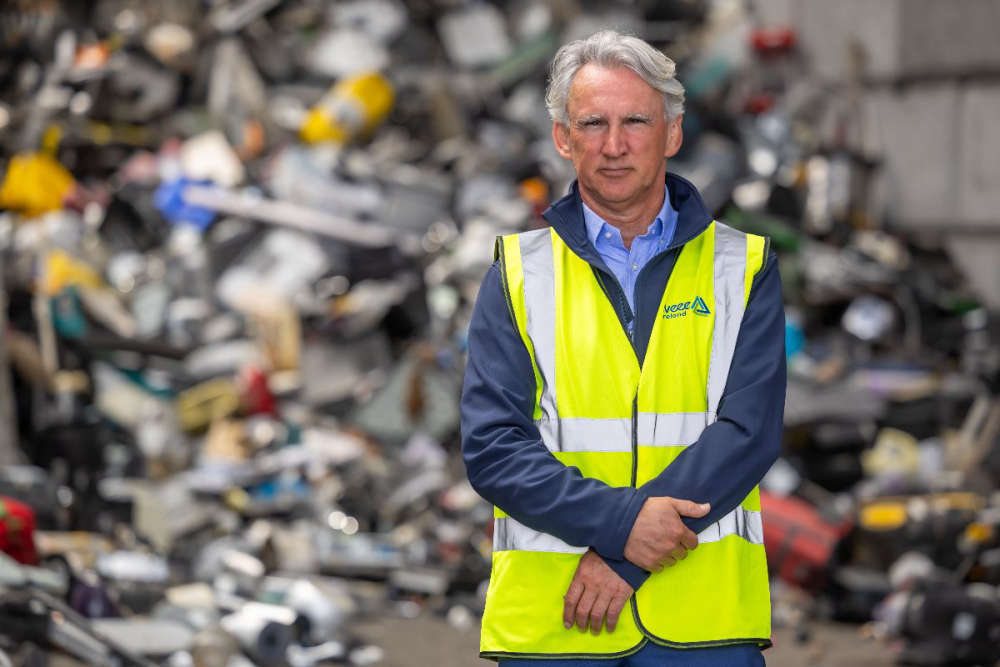
Consumers across the country recycled a total of 40,804 tonnes of e-waste.
Over 2,100 tonnes of electrical waste was recycled in the midlands last year.
A report of WEEE consumers shows that most of the recycling took place in Westmeath, with 908 tonnes recycled.
Laois and Offaly recycled 532 tonnes and 707 tonnes respectively.
No midlands county was reported as reaching the average amount of 10kg recycled per person.
According to WEEE, consumers across the country recycled a total of 40,804 tonnes of e-waste.
WEEE Ireland CEO, Leo Donovan said:
“Old and broken electronics and appliances are a rich source of essential critical raw materials, so it is vital that households recycle the millions of broken and perfectly recyclable electrical items that are accumulating in their homes or being improperly disposed of,”
“Recent global events and the energy crisis have underscored the vulnerabilities of relying on other countries for critical raw materials.
“The EU currently imports 93% of its magnesium and 86% of its rare earth metals from China. We need secure and sustainable sources of these materials within the EU or we risk jeopardising the supply of vital technologies required for our future green and digital transitions.”
“As the world embraces a more sustainable future and shifts away from fossil fuels, the demand for lithium alone, a vital component in batteries that power every day technology and devices, is projected to increase twelve-fold by 2030.
"To address these challenges, the EU aims to ensure that by 2030, at least 15% of the critical raw materials consumed annually originate from recycled sources under the forthcoming Critical Raw Materials Act.”
Mr O' Donovan added:
“Our collaboration with KMK Metals Recycling in the midlands has been instrumental in processing e-waste to the highest European standards and ensuring its recycling into secondary critical and strategic materials,”
"Last year, we got more out of these recovered items than ever before.
“We have developed a national recycling and material recovery infrastructure that provides a local solution to a global challenge and contributes significantly to the circular economy.”
The annual report shows 52% of electrical waste was collected from retailer sites in 2022, 24% from local public collection days, but only 24% from local authority sites, which is significantly lower than the 60% average in other European countries.
“I cannot stress enough how important it is to recycle your e-waste through authorised recycling centres to ensure the safe and efficient recovery and reuse of materials,”
“Recycling centres and retailers are easily accessible to everyone, along with public collection days that we hold in different counties each week.”


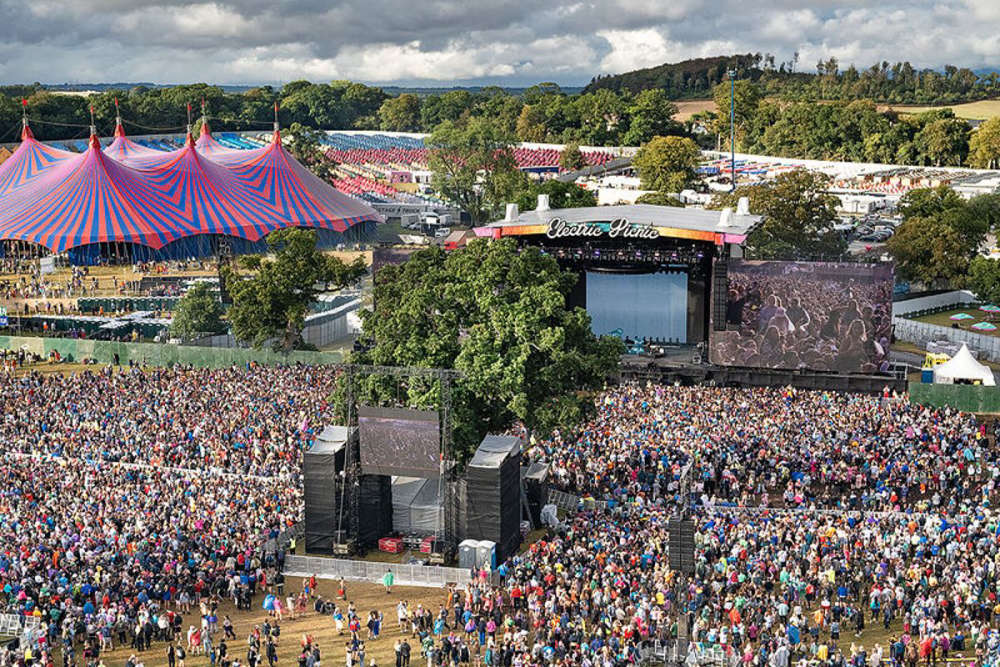 High Noon - One Last Chance For Electric Picnic Tickets
High Noon - One Last Chance For Electric Picnic Tickets
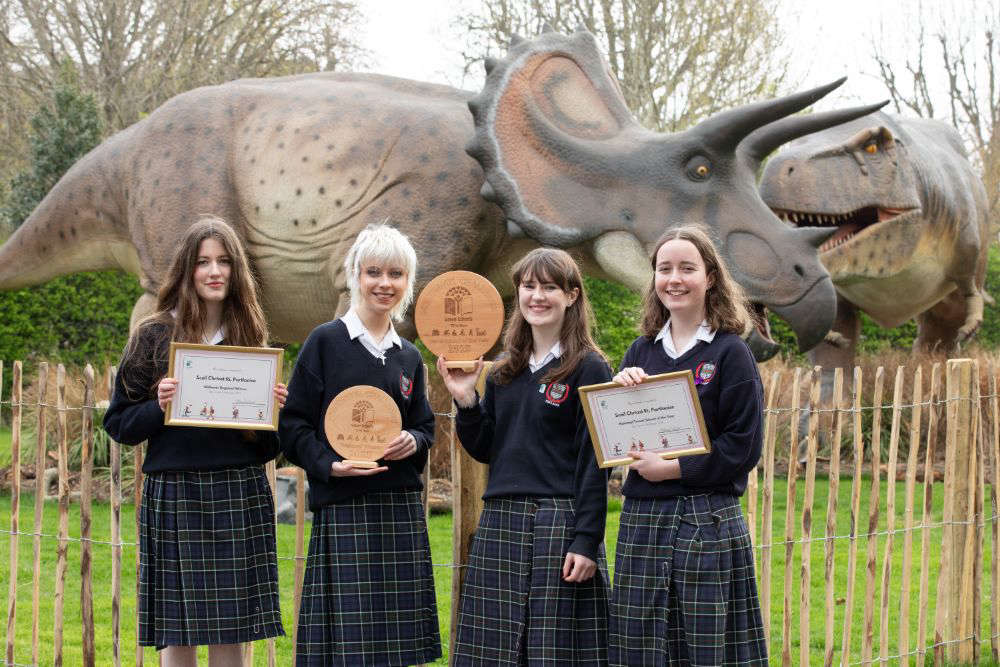 Laois School Wins National Green Schools Challenge Award
Laois School Wins National Green Schools Challenge Award
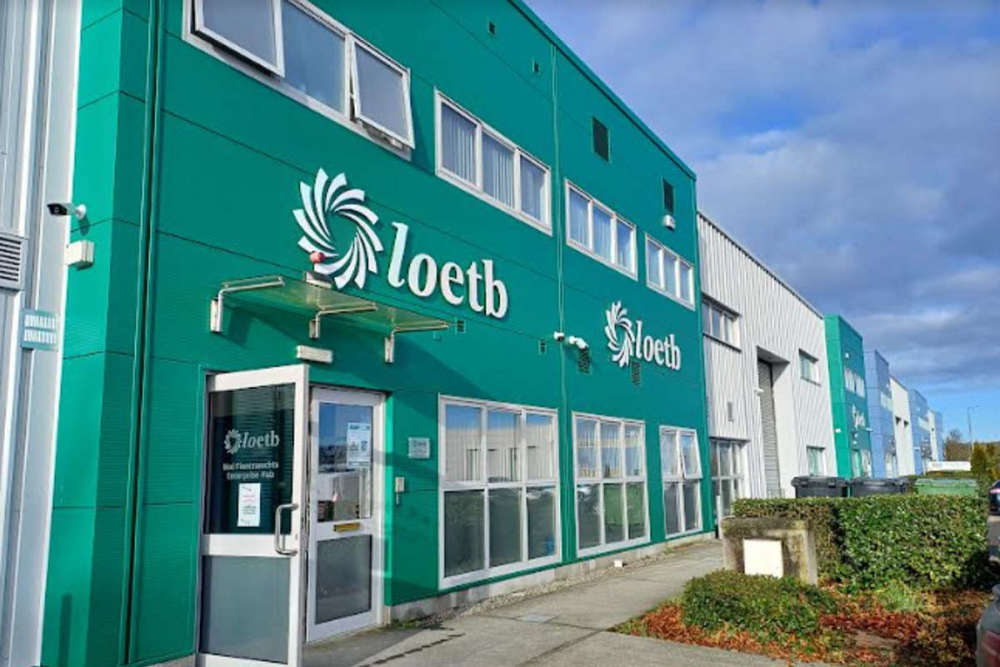 Midlands Companies Can Save Big By Becoming More Lean And More Green - Offaly TD
Midlands Companies Can Save Big By Becoming More Lean And More Green - Offaly TD
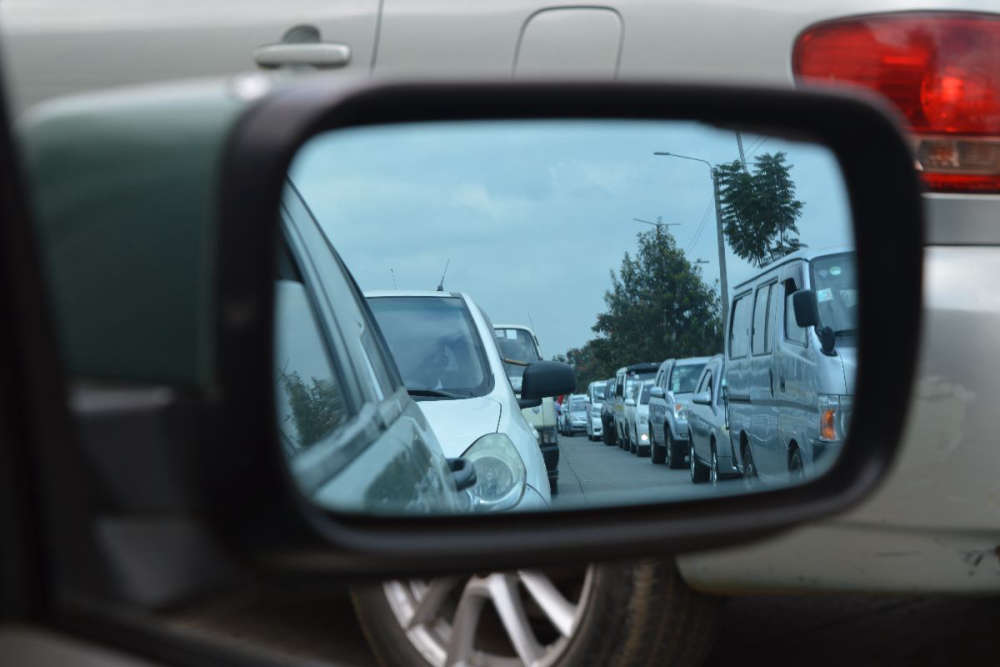 Local Authority Looking At Double Bypass For Laois Town
Local Authority Looking At Double Bypass For Laois Town
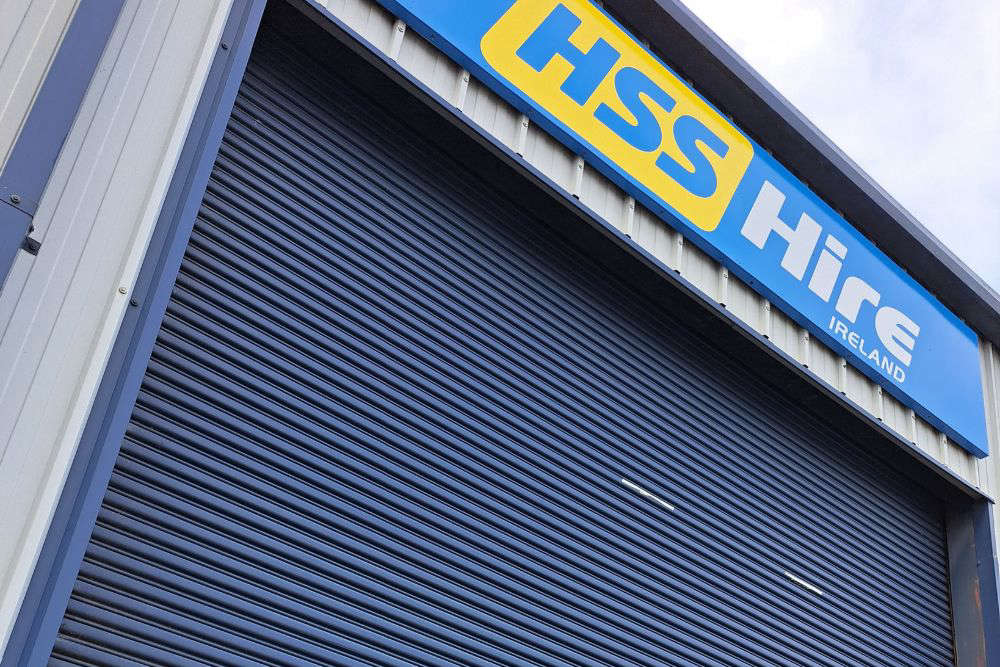 HSS Hire Owner Underlines Future Security Following Multi-Million Euro Sale
HSS Hire Owner Underlines Future Security Following Multi-Million Euro Sale
 Offaly's Finest Will Be Celebrated This Weekend
Offaly's Finest Will Be Celebrated This Weekend
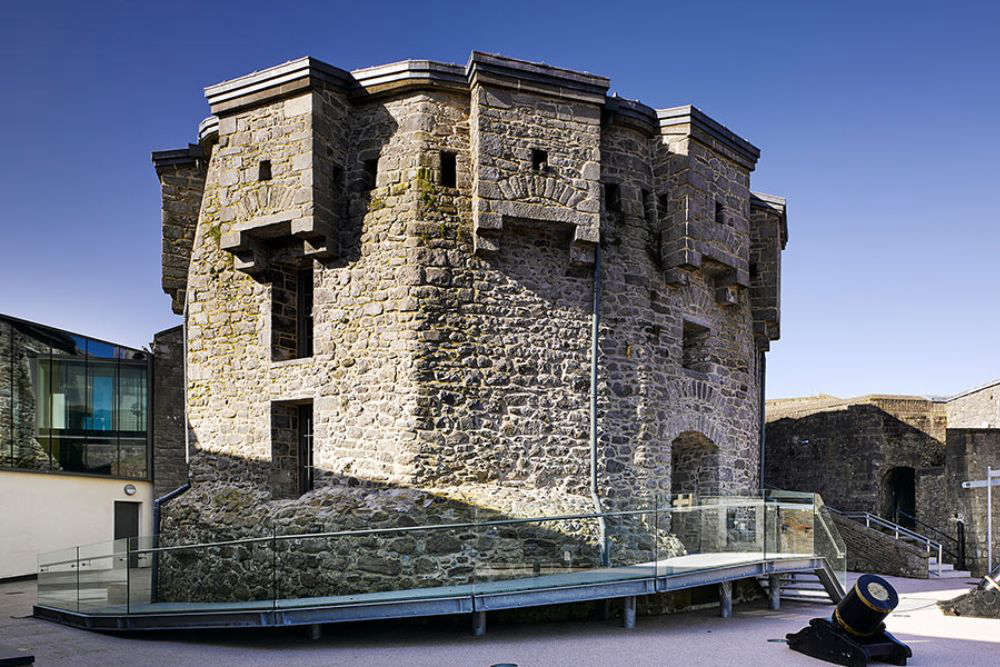 Athlone Castle Gets €1.8m In Funding
Athlone Castle Gets €1.8m In Funding
 Laois Senator Holding Endometriosis Awareness Event
Laois Senator Holding Endometriosis Awareness Event
 Mother Of Stillborn Baby Campaigning To Encourage Women To Advocate For Their Own Bodies
Mother Of Stillborn Baby Campaigning To Encourage Women To Advocate For Their Own Bodies
 Electric Picnic Introduce Campsite Pre-Booking Options
Electric Picnic Introduce Campsite Pre-Booking Options
 Funeral Of Westmeath Woman Who Died Following Cork Crash Taking Place Today
Funeral Of Westmeath Woman Who Died Following Cork Crash Taking Place Today
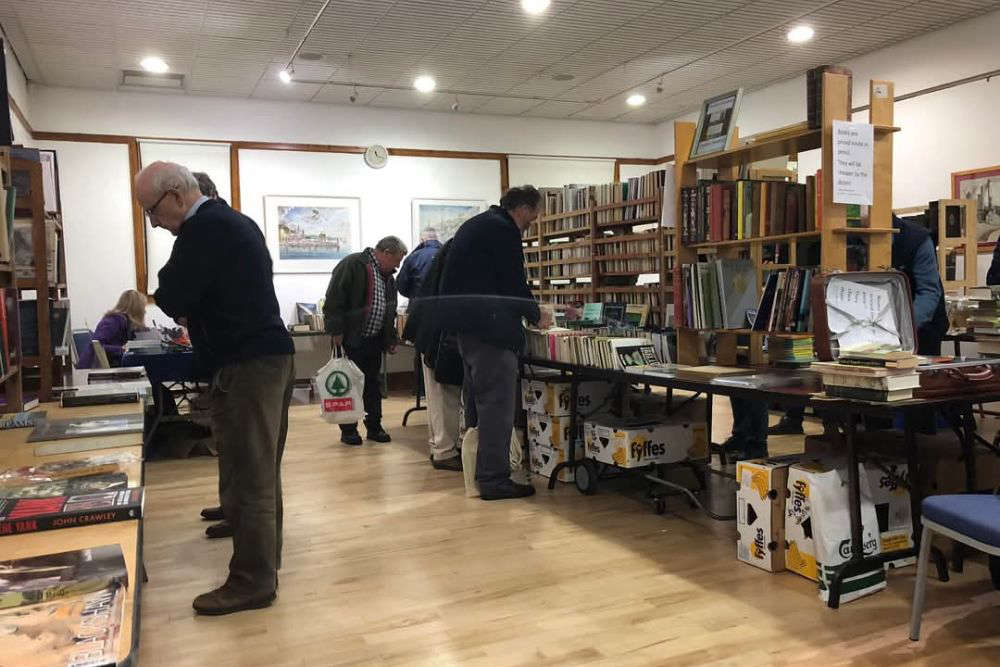 Rare And Antique Books Headline Offaly Bookfair
Rare And Antique Books Headline Offaly Bookfair
 Westmeath Town Lined Up For Substantial Water Network Upgrade
Westmeath Town Lined Up For Substantial Water Network Upgrade
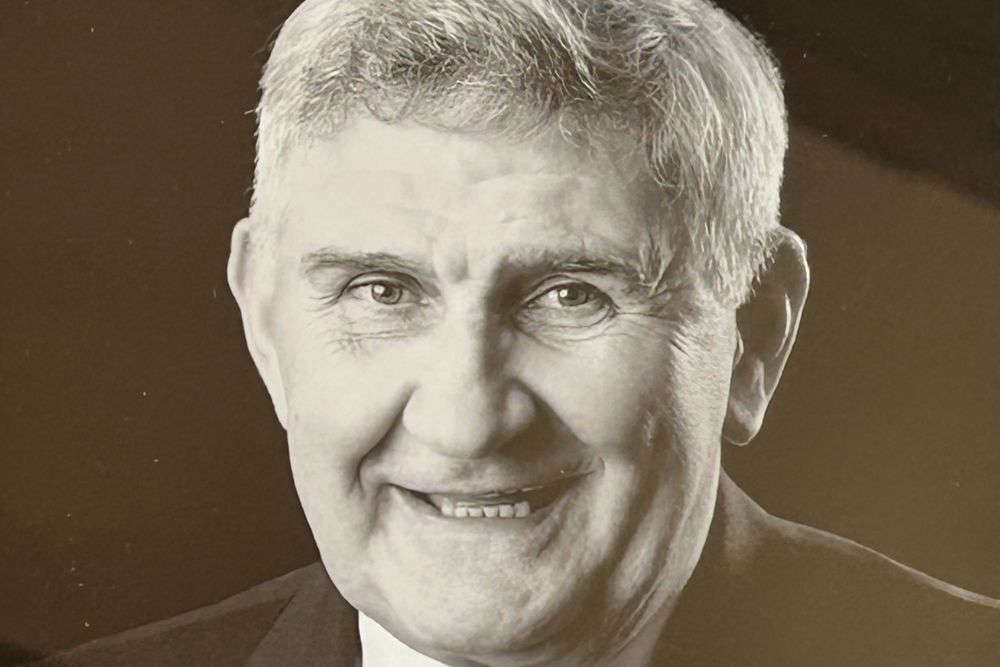 Funeral Of Former Laois GAA Manager Mick O'Dwyer To Take Place Tomorrow
Funeral Of Former Laois GAA Manager Mick O'Dwyer To Take Place Tomorrow
 LOETB Recognised In National Excellence Awards
LOETB Recognised In National Excellence Awards
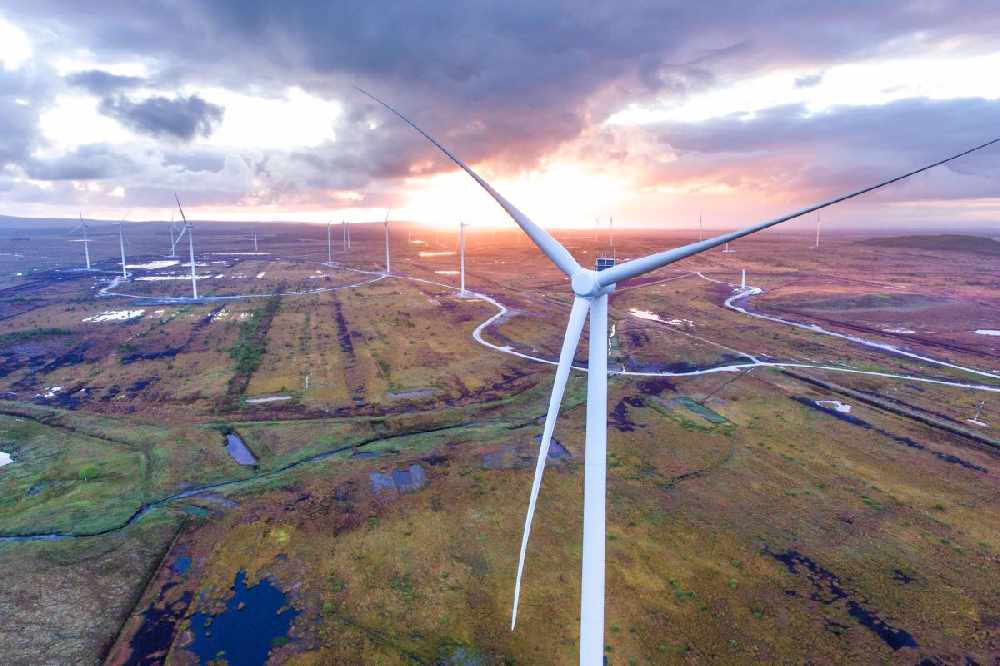 Laois TD Proposes Regulations For Wind Farm Developments
Laois TD Proposes Regulations For Wind Farm Developments
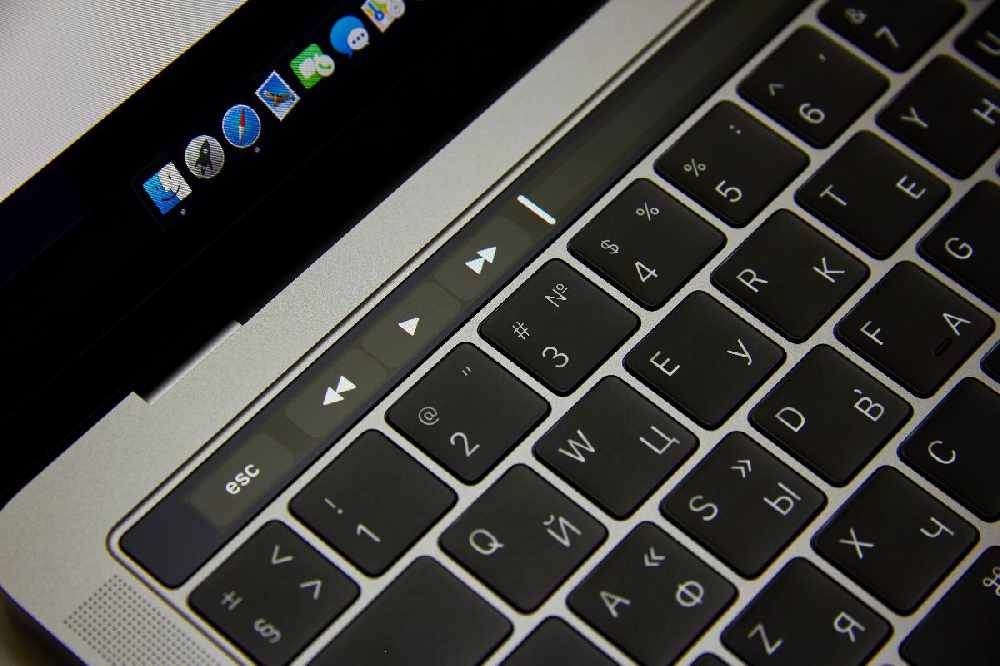 Mental Health Charity Wants Social Media Giants Support For New Catfishing Law
Mental Health Charity Wants Social Media Giants Support For New Catfishing Law
 Laois Integration Network Set To Appoint New Chair
Laois Integration Network Set To Appoint New Chair
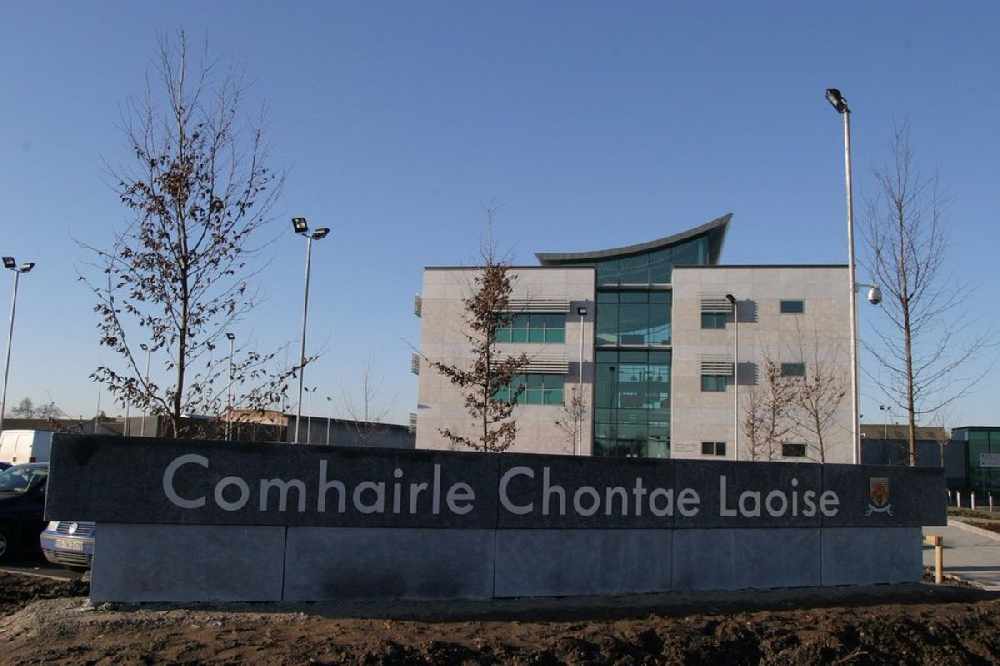 Laois Still Waiting On Joint Policing Commission Replacement
Laois Still Waiting On Joint Policing Commission Replacement
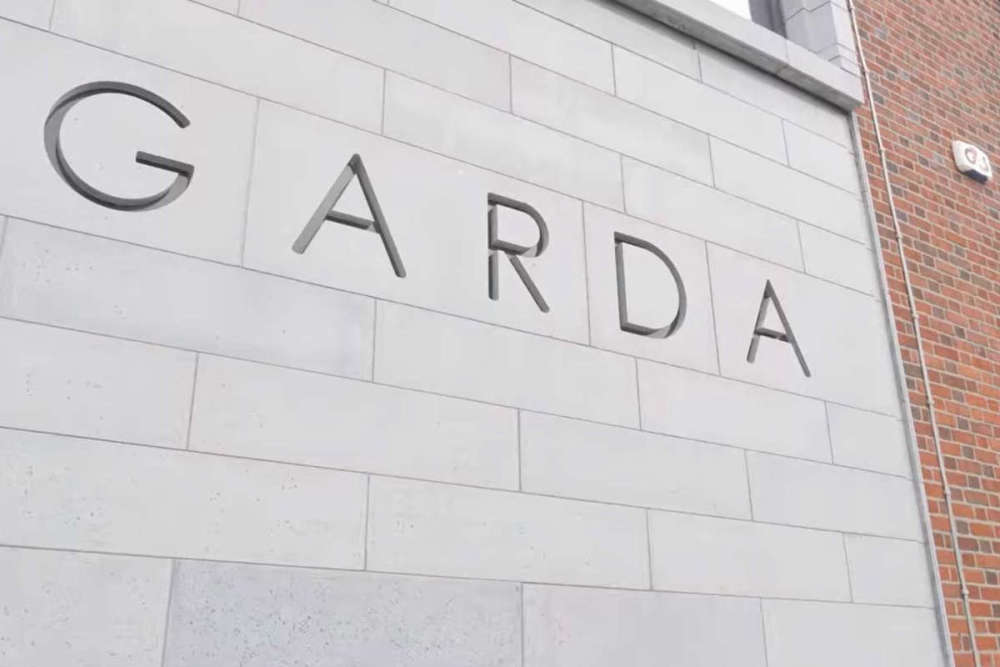 Man Charged Over Westmeath Assaults
Man Charged Over Westmeath Assaults